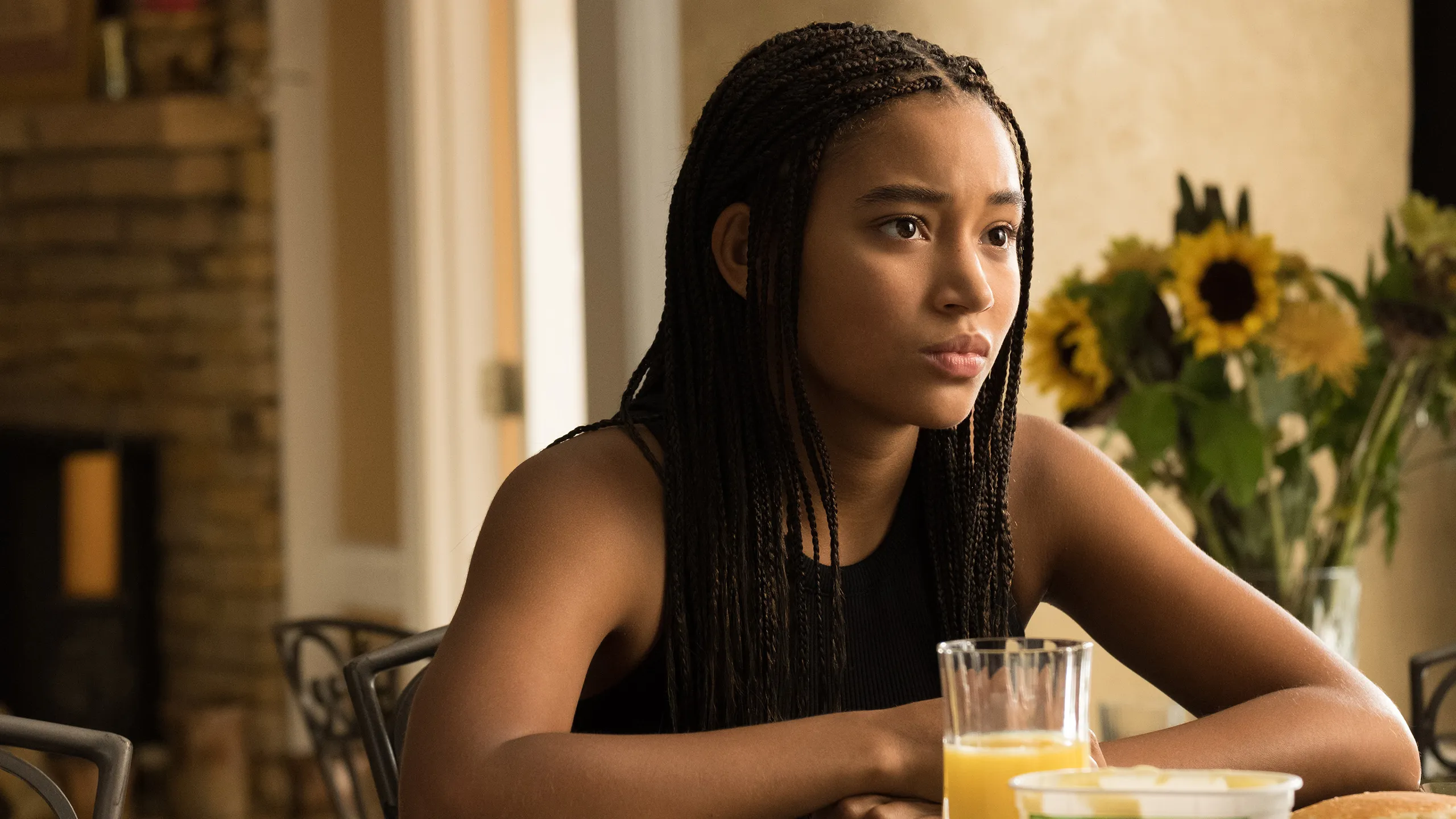Every generation faces its own struggles, but for Black Gen Z and Gen Alpha, the challenges are hitting harder than ever.
Suicide rates among Black adolescents jumped a shocking 144% between 2007 and 2020, proving that mental health struggles don’t skip over young people—no matter what older generations might think. While some aunties and uncles dismiss them as “soft” or “too sensitive,” the reality is they’re carrying stress from all sides—racial trauma, cultural stigma, and a system that often leaves them without the support they need.
And burnout? It’s not just an adult problem anymore. The World Health Organization originally defined burnout as work-related stress, but Psychology Today describes it as “a state of emotional, mental, and often physical exhaustion brought on by prolonged or repeated stress.” Research shows one in four Americans experiences burnout before 30, with Gen Z hitting peak stress at just 25 years old. For Black teens, that pressure is even heavier. They’re juggling financial instability, self-doubt fueled by social media, and a culture that often equates vulnerability with weakness. And when they finally reach out for help? Many face barriers—whether it’s stigma, cost, or simply a lack of mental health professionals who truly understand their experience.
With traditional mental health resources often out of reach, Black churches have stepped up to fill the gap. At First Corinthian Baptist Church in Harlem, Lena Green runs a mental wellness program that has become a lifeline for families. She told NPR that she gets up to 10 calls a week from parents worried about their kids’ mental health—many desperate for therapy but hitting dead ends. That’s where the church stepped in, offering HAVEN Connect, a program designed specifically for Black teens.
For 16-year-old Janelle Davis, the program was a game-changer. She finally had a safe space to open up about how her parents’ divorce was affecting her—a huge shift in a culture where, for generations, mental health struggles were either met with silence or dismissed as something to “pray away.”
But even as the stigma starts to crack, access to care is still a huge hurdle. Schools often miss warning signs. Therapists who truly understand the Black experience are rare and expensive. And then there’s social media—a constant stream of unrealistic beauty standards, highlight reels, and comparisons that leave many feeling like they’ll never measure up.
That’s why programs like Thrive are stepping in to bridge the gap, teaching Black teens emotional awareness, confidence, and self-care. The message? Mental health care shouldn’t be a luxury—it should be accessible, culturally relevant, and a priority. Because every young person deserves the tools to not just survive—but thrive.




